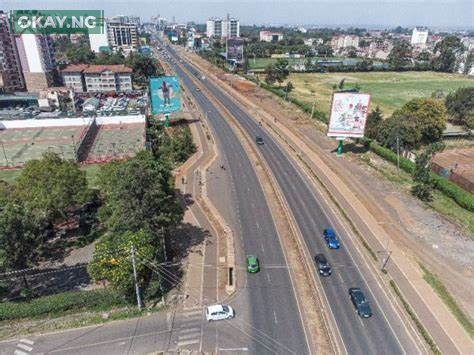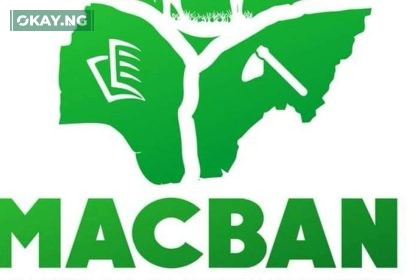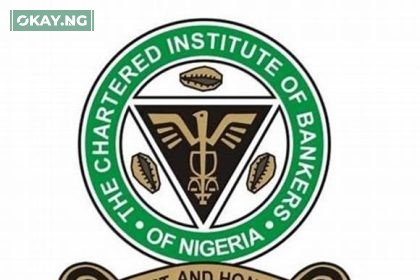In a significant shift that signals potential changes in Kenya’s infrastructure development partnerships, the government has announced the termination of a 1.3-billion euro ($1.3 billion) highway expansion contract with a French consortium led by Vinci SA. The decision, rooted in disputes over financial terms, has paved the way for a Chinese contractor to potentially step in, according to government officials and sources.
The project, initially signed in Paris in 2020 during former President Uhuru Kenyatta’s tenure, aimed to transform a 140-kilometer single-lane road connecting Nairobi to Nakuru into a multilane highway. However, the Kenya National Highways Authority (KeNHA) expressed concerns that the agreement placed excessive financial risks related to traffic demand on the Kenyan government.
“KeNHA requested a restructuring of the contract… but the proposal was considered unbankable thus creating a stalemate,” the agency stated to Reuters, clarifying the impasse that led to the termination notice. The project had yet to commence construction.
The French consortium, comprising Vinci Highways, Meridiam SAS, and Vinci Concessions, now faces the prospect of losing this major infrastructure undertaking. Vinci declined to comment, while Meridiam did not immediately respond to requests for comment.
The emerging narrative suggests a strategic pivot towards Chinese contractors. Two anonymous sources with direct knowledge of the government’s plans indicated that a Chinese company, whose identity remains undisclosed, is slated to take over the project. This potential shift underscores the growing influence of Chinese investment in African infrastructure.
Read Also: Kenya Eyes Slimmer Budget Deficit, Increased Spending in 2025/26
The timing of this decision coincides with high-level diplomatic engagements. Finance Minister John Mbadi recently led a delegation to Beijing, and reports suggest that President William Ruto is scheduled for a state visit to China later this month. These developments have sparked discussions about the evolving dynamics of Kenya’s international partnerships.
From my perspective, this situation highlights the complex interplay between economic feasibility and geopolitical strategy in large-scale infrastructure projects. The need for transparency and equitable risk-sharing is crucial in public-private partnerships. The impact on local communities, who stand to benefit from improved connectivity, remains a key consideration.
The termination of the French contract and the potential engagement of a Chinese contractor raise several questions. What will be the terms of the new agreement? How will this decision affect Kenya’s relationships with its international partners? And most importantly, how will it serve the long-term development goals of the Kenyan people?
This unfolding story is more than just a contract dispute; it is a reflection of Kenya’s strategic decisions in a rapidly changing global landscape. As we continue to monitor these developments, it is clear that the implications will be far-reaching.












